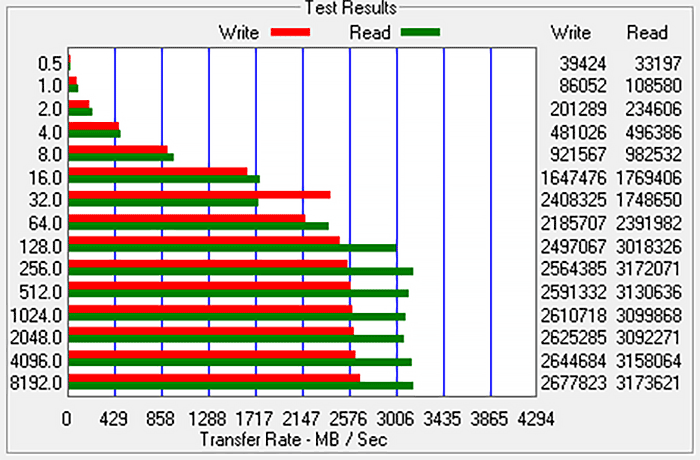Benchmark Test Configuration Notes: On the pages ahead, we compare the Alienware Area-51m versus a number of different platform types, from powerful gaming notebooks to the full desktop GPU test system we use here at HotHardware to power graphics card reviews. The fact of the matter is the Area-51m is so powerful, that comparing it to even standard gaming laptops currently results in some lopsided results. As such, in some cases here, we're simply comparing it to our in-house reference desktop system. We also are still compiling numbers with the latest crop of GeForce RTX powered gaming laptops, but we did work in a recent addition from Lenovo, as you'll see on the pages ahead, for a relative gauge with this new class of mobile GPUs.
Beyond these competitive peer groupings, we benchmark our systems using the latest Windows updates and hardware drivers from system OEMs like Dell Alienware. Except where noted, we keep all settings unchanged from the factory. First, let's take a look at the primary storage setup inside of the Alienware Area-51m test machine we're working with.
We've been told that Dell multi-sources NVMe SSDs for this machine; our system specifically came installed with two 512GB SK Hynix M.2 NVMe drives in RAID 0. There's not a lot of information on these drives on the market currently, but from what we can tell, this is a Dell OEM special of sorts, offering something on the order of 1.6GB/sec for reads and about 1.1GB/sec for writes. Frankly, though Hynix is a big name Flash memory brand, we were hoping for a higher performance SSD in a premium configuration like this. Regardless, both sticks did come with heat spreaders and a quick sanity check with ATTO here will give us an idea of what to expect in terms of peak sequential throughput...
 |
|
ATTO Disk Benchmark |
|
Peak Sequential Read And Write Storage Throughput |
|
ATTO is a relatively simple test that checks sequential read/write performance of storage devices at data transfer sizes...
Performance here is excellent to be sure, with combined read throughput of around 3.1GB/s peak and writes at around 2.5GB/s peak. And with a combined capacity of a full 1TB of storage, this is a both a fast and high capacity SSD setup. That said, these days a single
Samsung 970 EVO Plus or
Toshiba XG6 NVMe SSD can hit or exceed these speeds without the need for a RAID 0 setup. And imagine if Dell went with at least a pair of Toshiba drives in this case. We might be looking at more like 5 - 6GB/sec for reads and writes. So again, while performance here was excellent, we were expecting a bit more from our dual 512GB NVMe RAID 0 storage array configuration.
 |
Cinebench R15
|
3D Rendering On The CPU And GPU
|
|
Next we'll move on to multi-core CPU throughput and professional 3D rending with the Alienware Area-51m. Our
Cinebench runs test the CPU and GPU independently and provides a glimpse of raw performance. The test is based on Maxon’s Cinema 4D modeling software that’s employed in movie production and other professional content creation use cases.

When it comes to multi-threaded CPU throughput, even the high-end 8th Gen Intel 6-core machines we tested are absolutely no match for the Area-51m's 8-core desktop class Intel Core i9-9900K processor. Oddly enough, Cinebench didn't seem to afford the same advantage to the machine's more advanced GeForce RTX 2080 GPU in the OpenGL test. We're going to chalk that shortfall up to driver optimization with this now aging version of the Cinebench benchmark.
 |
| Geekbench |
| Synthetic CPU Testing |
|
In the
GeekBench tests, we're stressing only the CPU cores in a system (not graphics or GPU architecture), with both single and multi-threaded workloads. The tests are comprised of encryption processing, image compression, HTML5 parsing, physics calculations and other general purpose compute processing workloads.
Geekbench paints a similar picture, though perhaps not quite as severe a beating as our Cinebench run. While the Area-51m was almost twice as powerful in CPU compute versus the nearest gaming laptop in Cinebench, Geekbench notes a more modest 50% multi-core lead for the Alienware Area-51m, with a 16% edge in single-threaded throughput.










